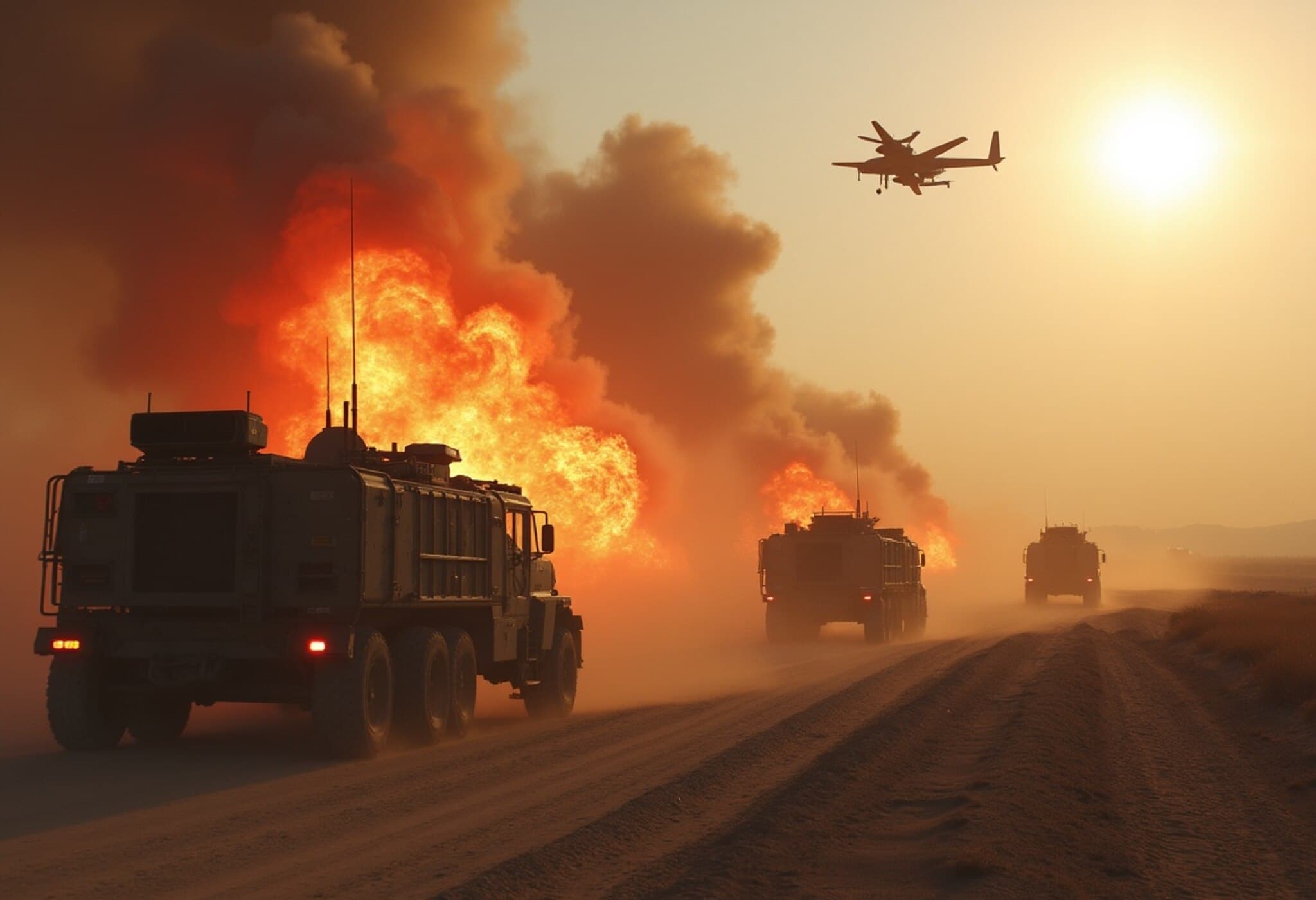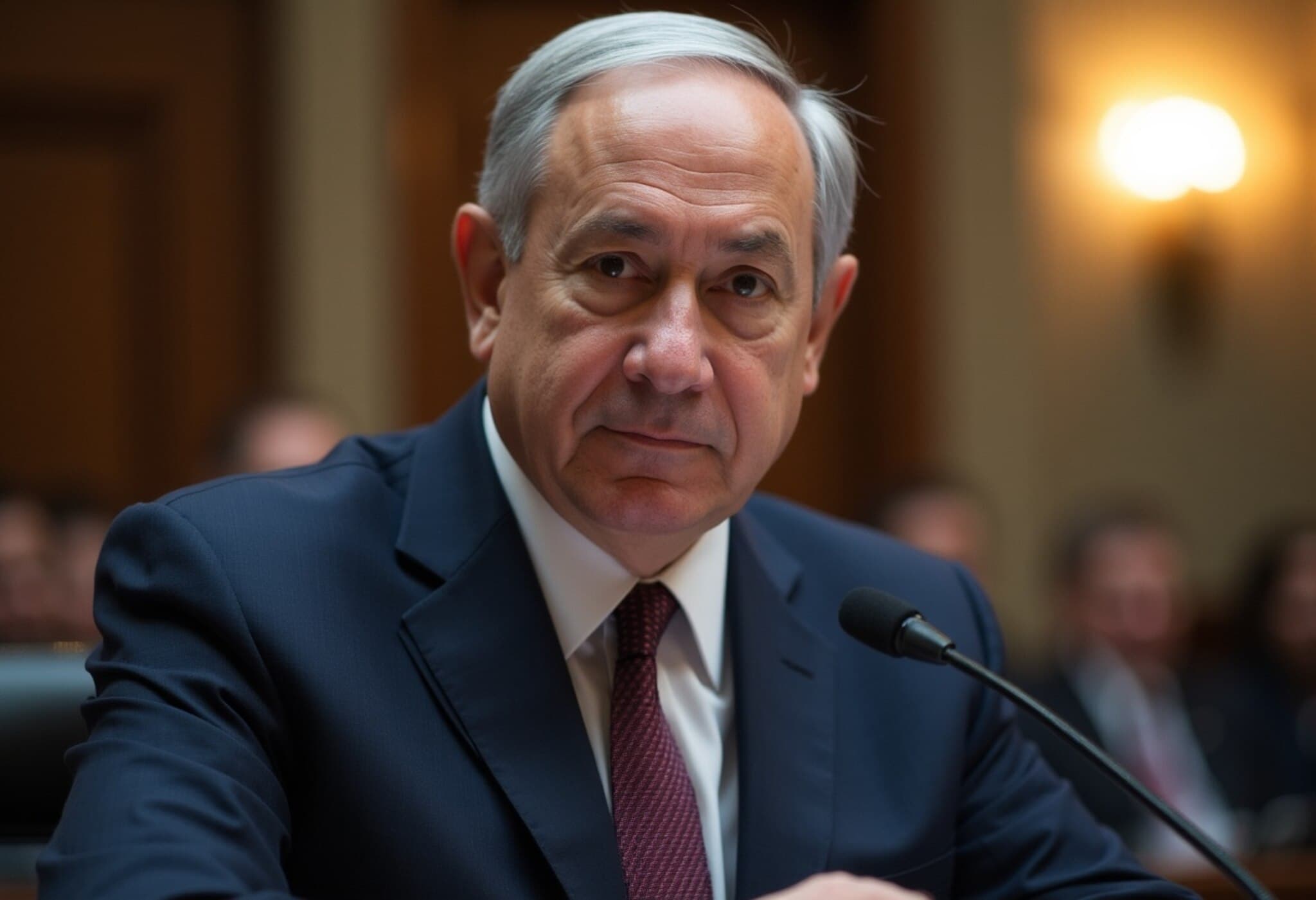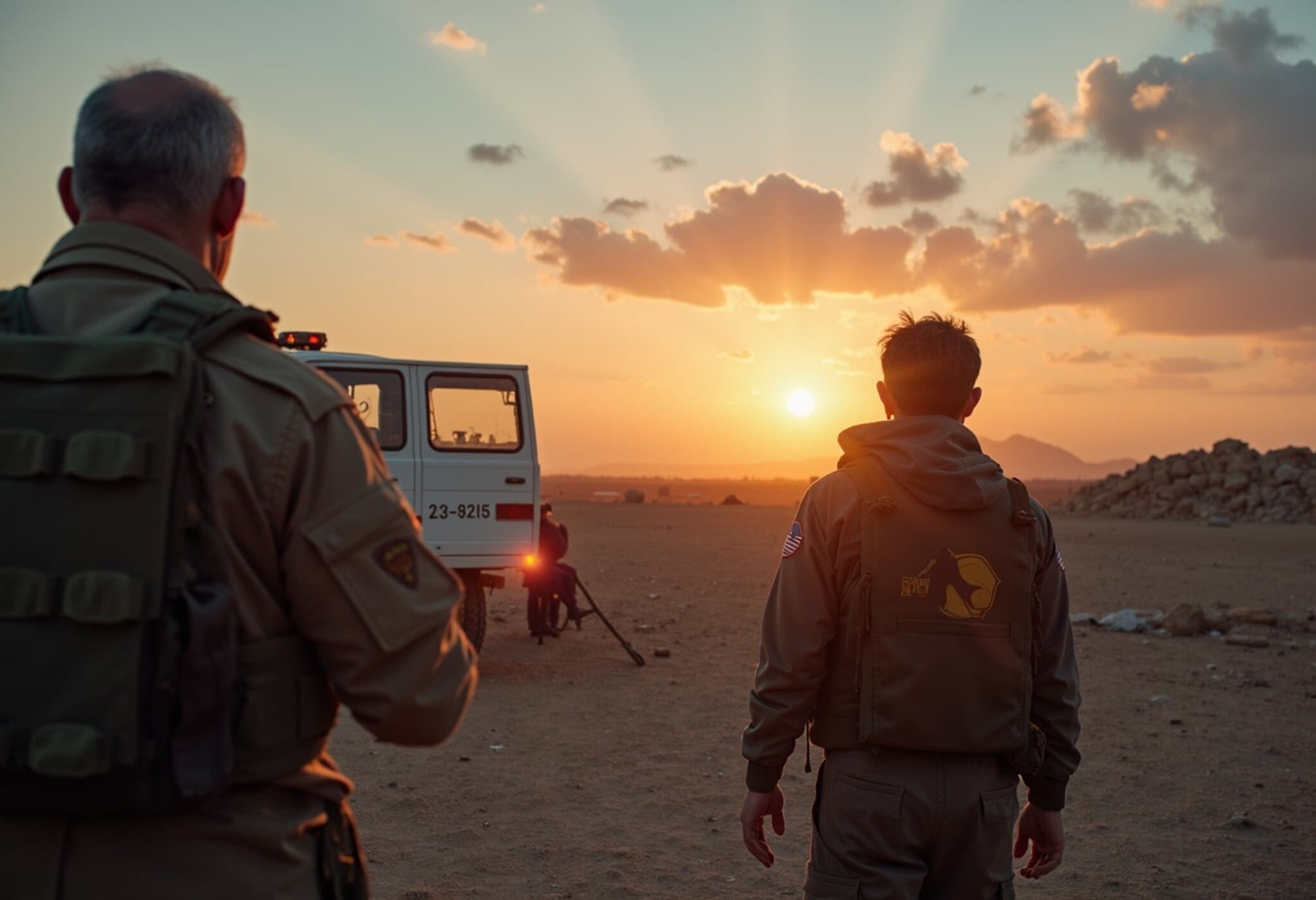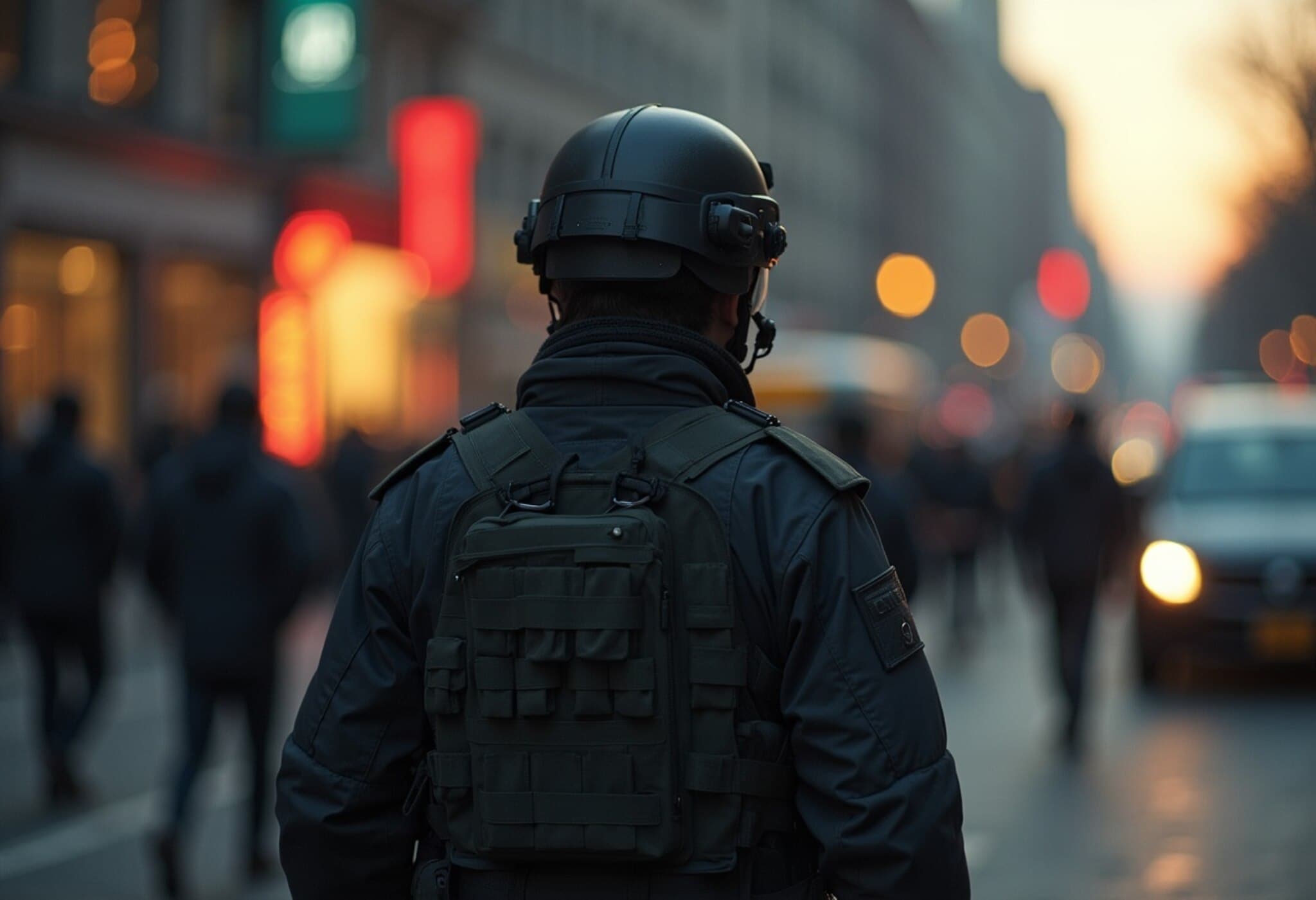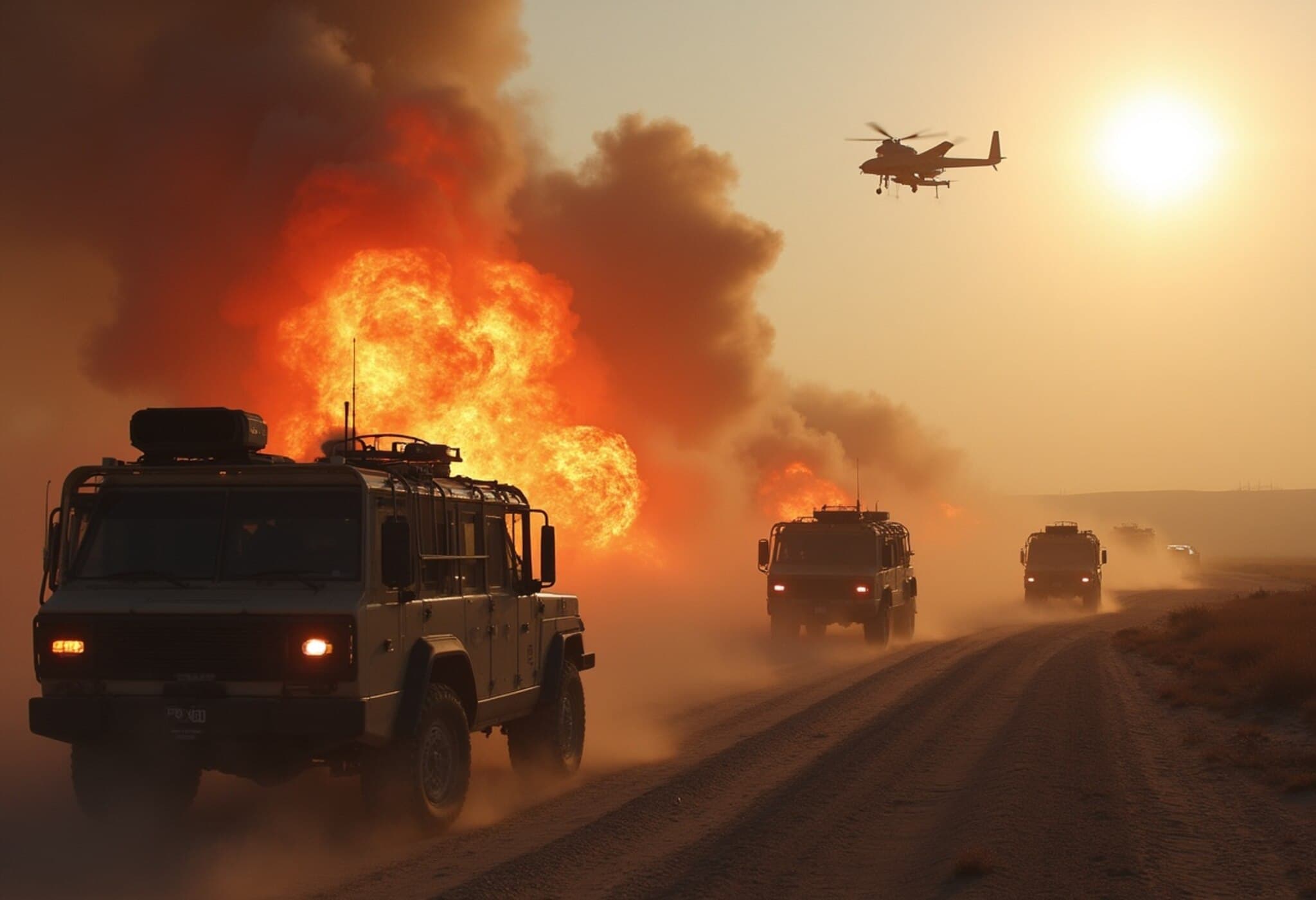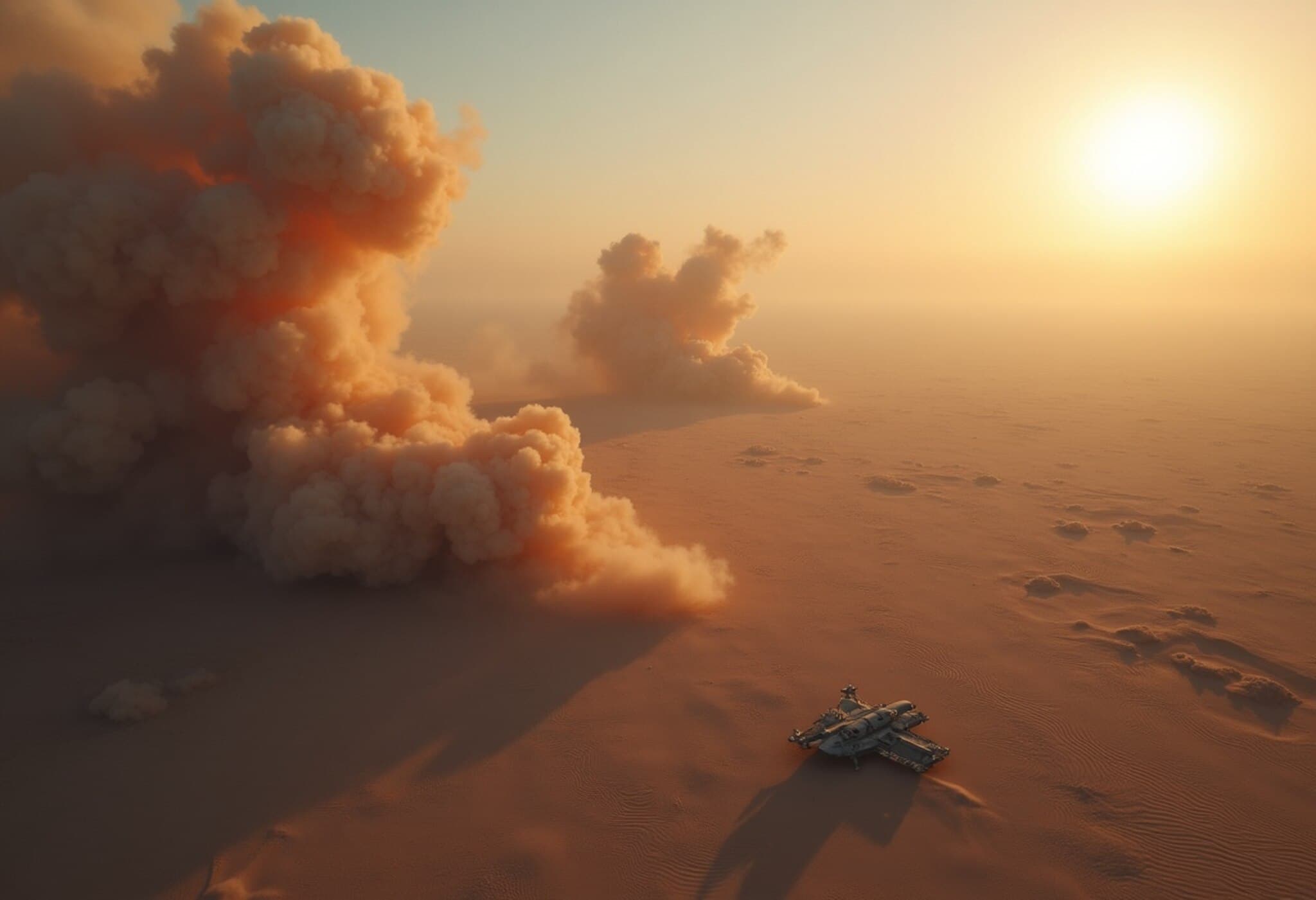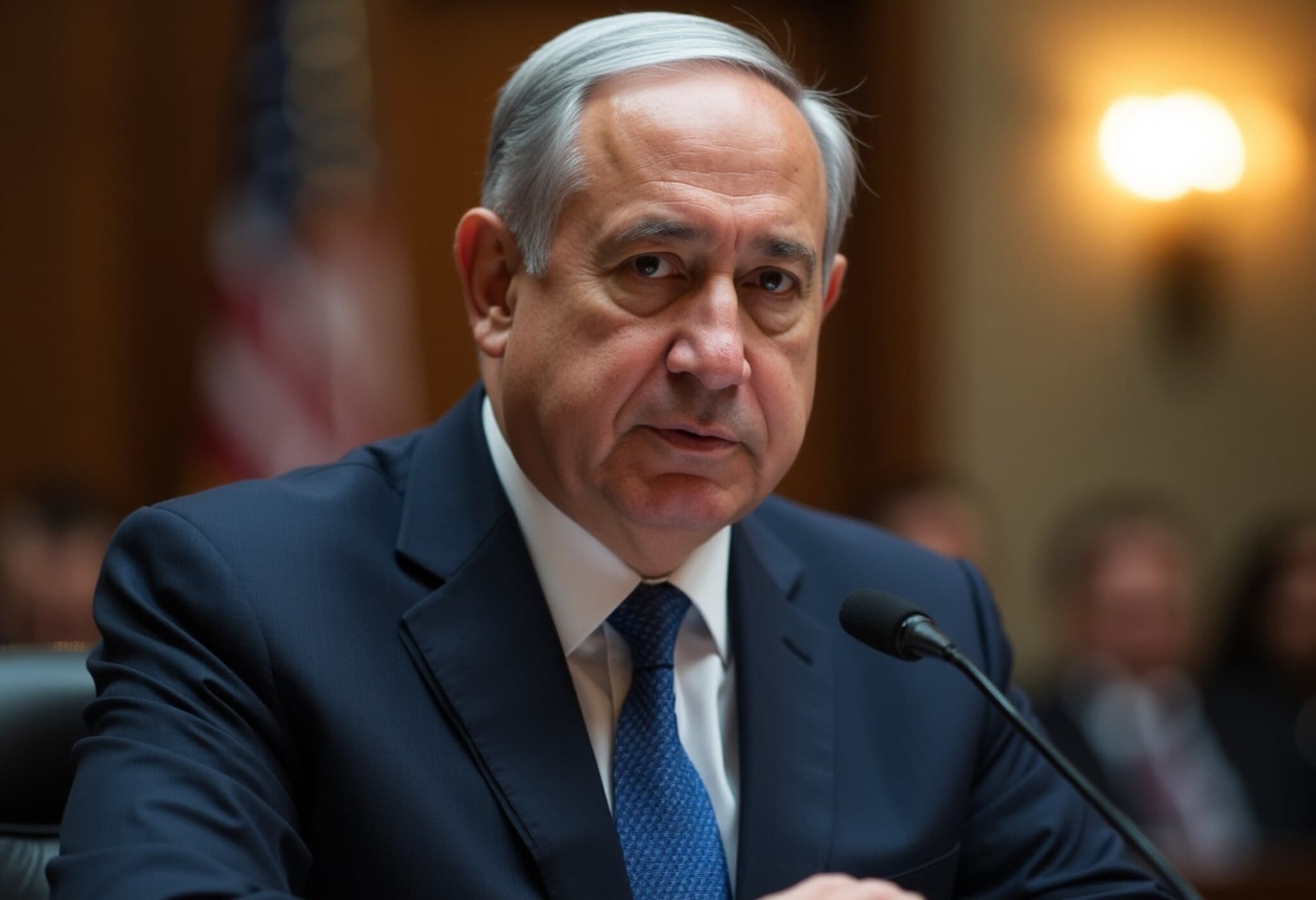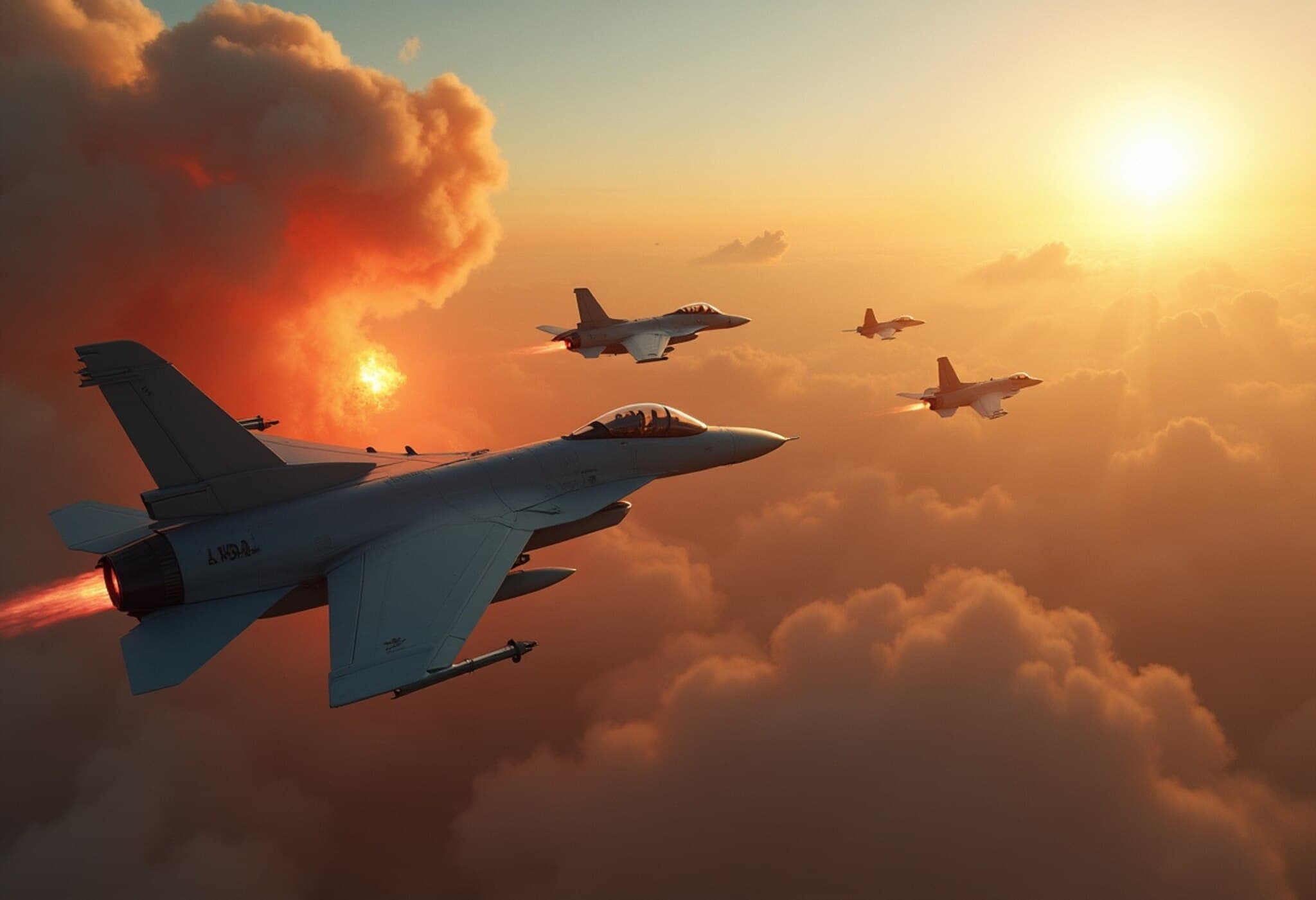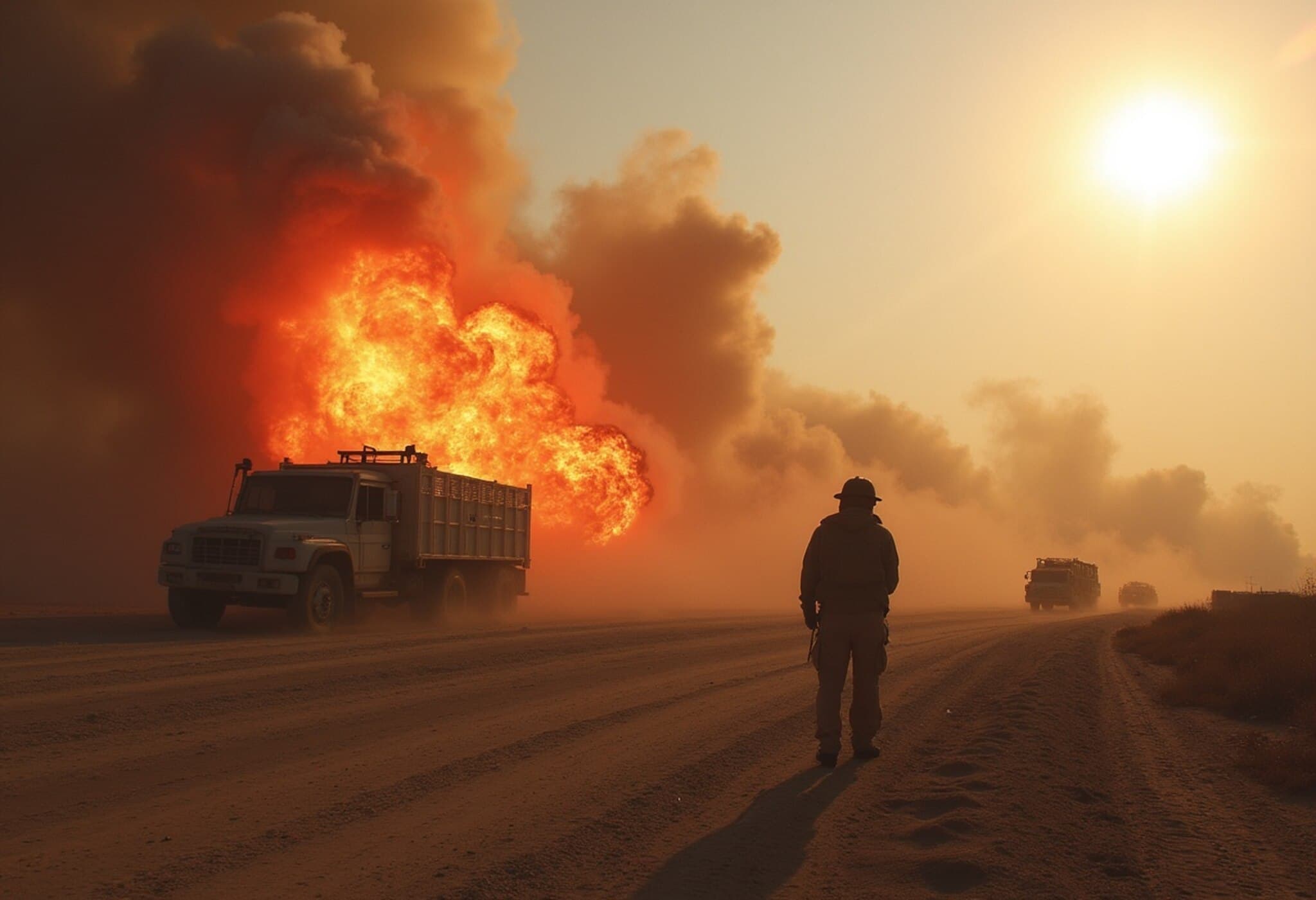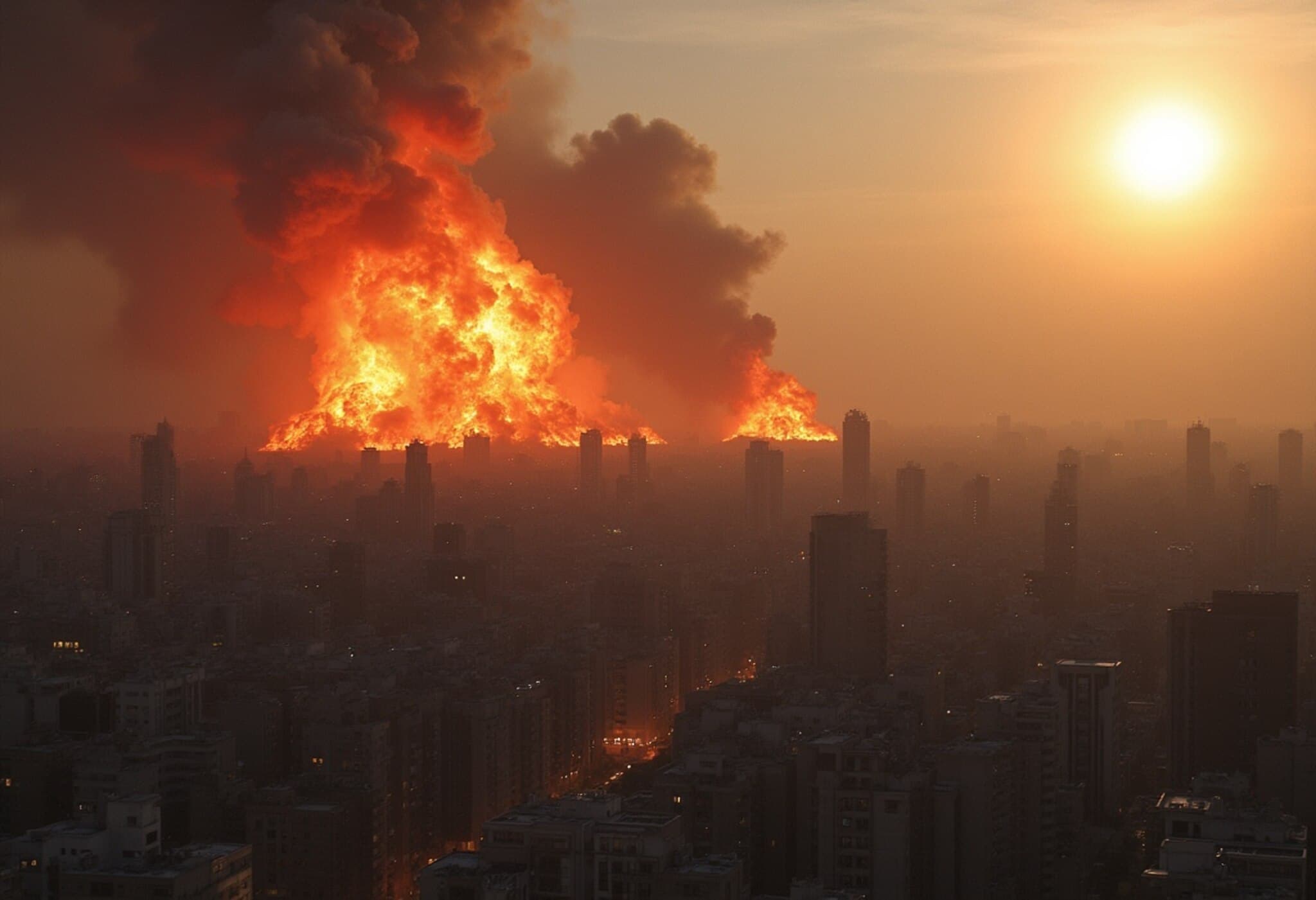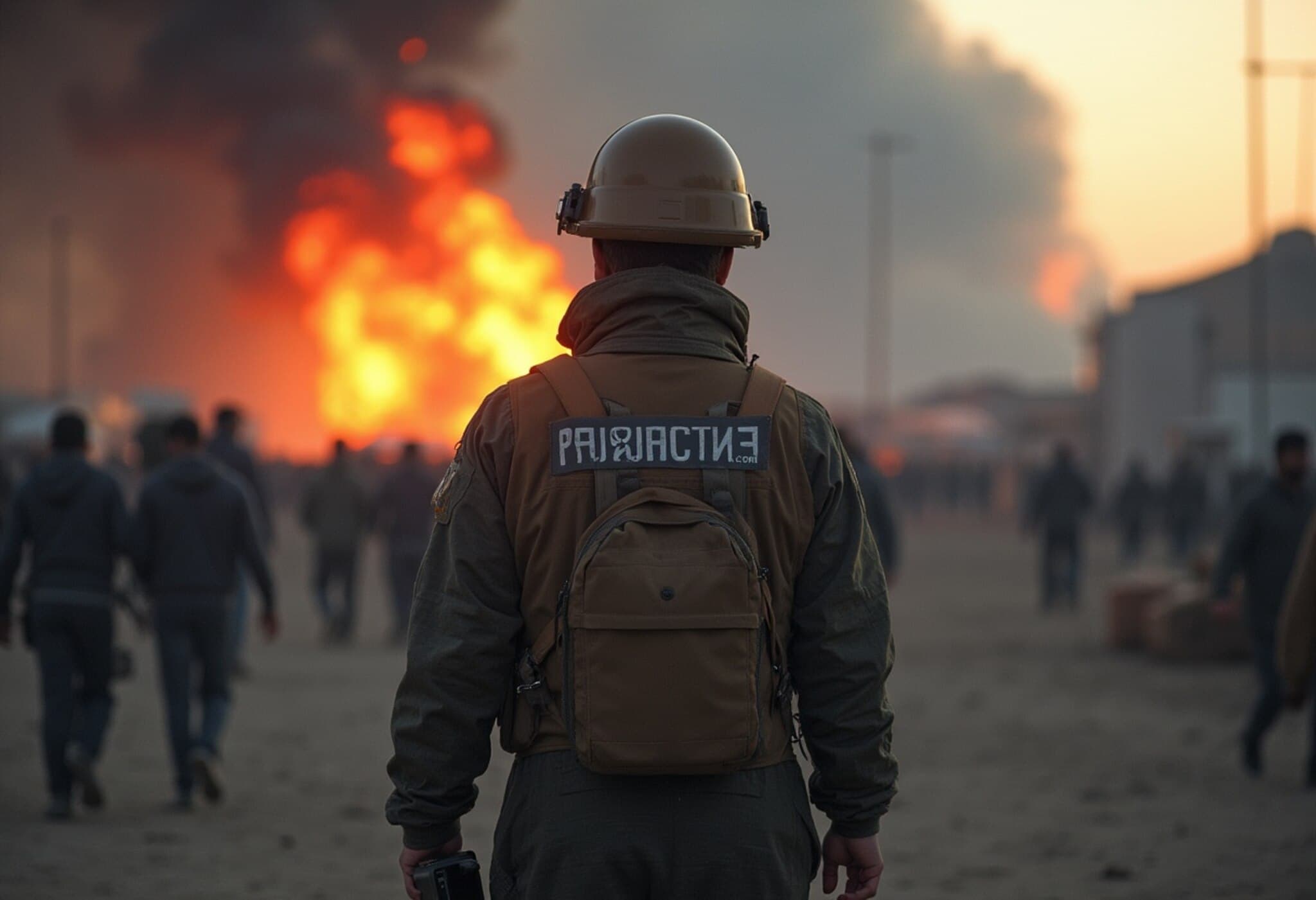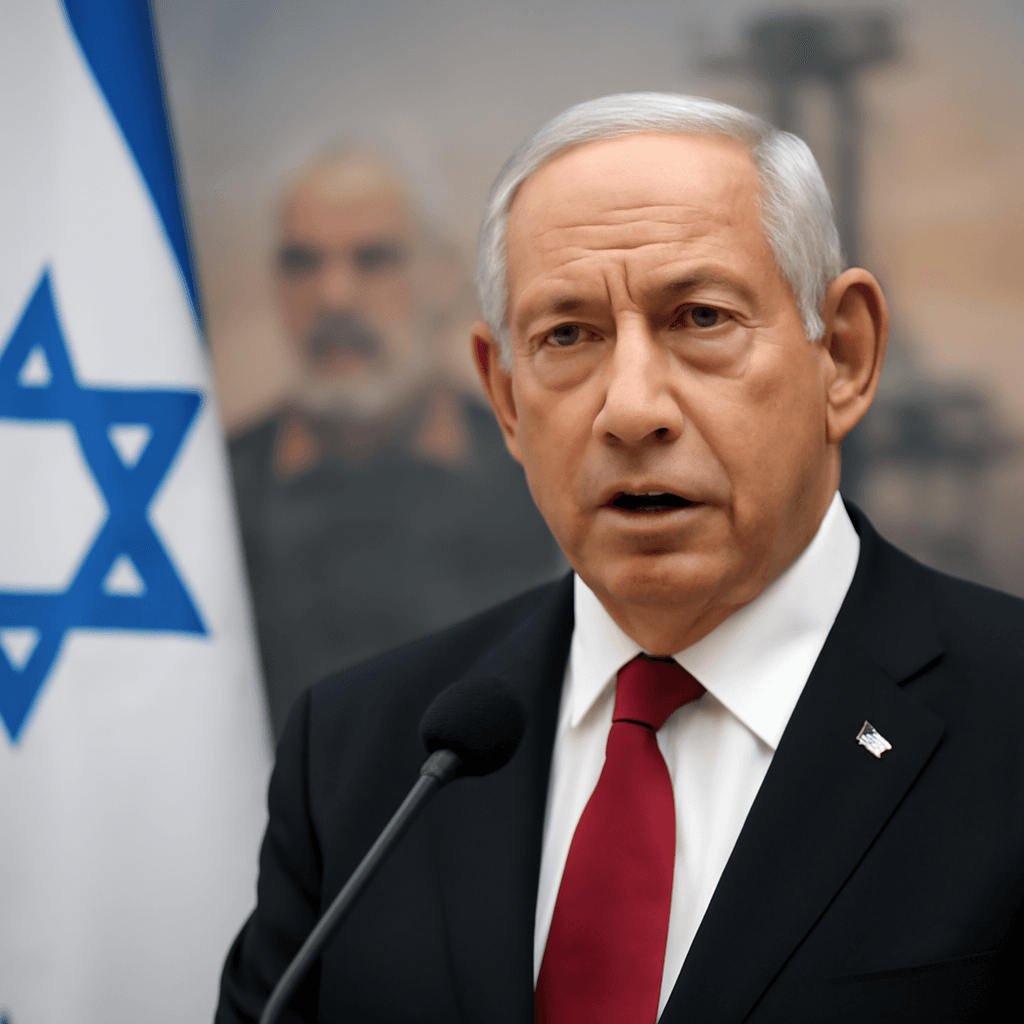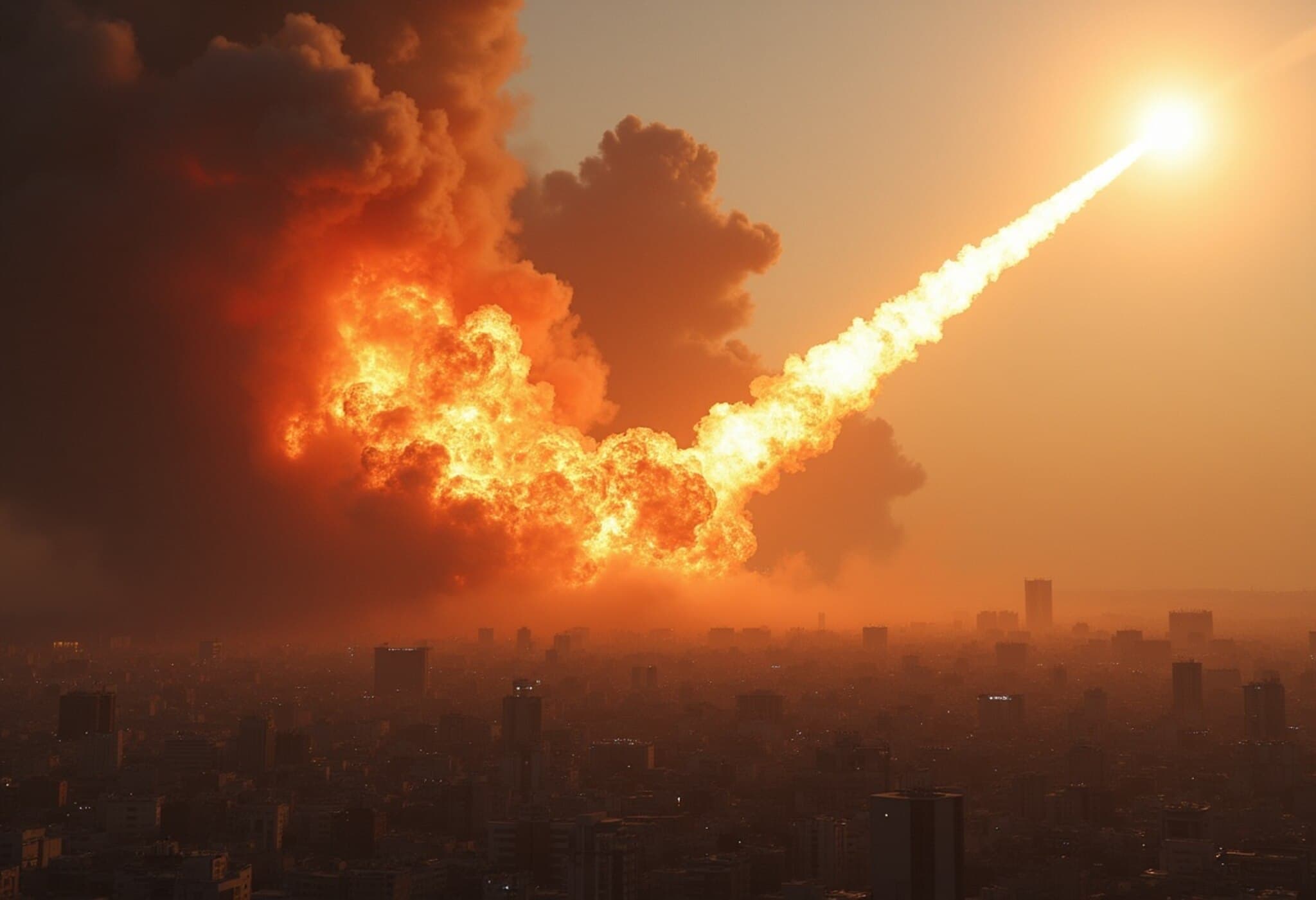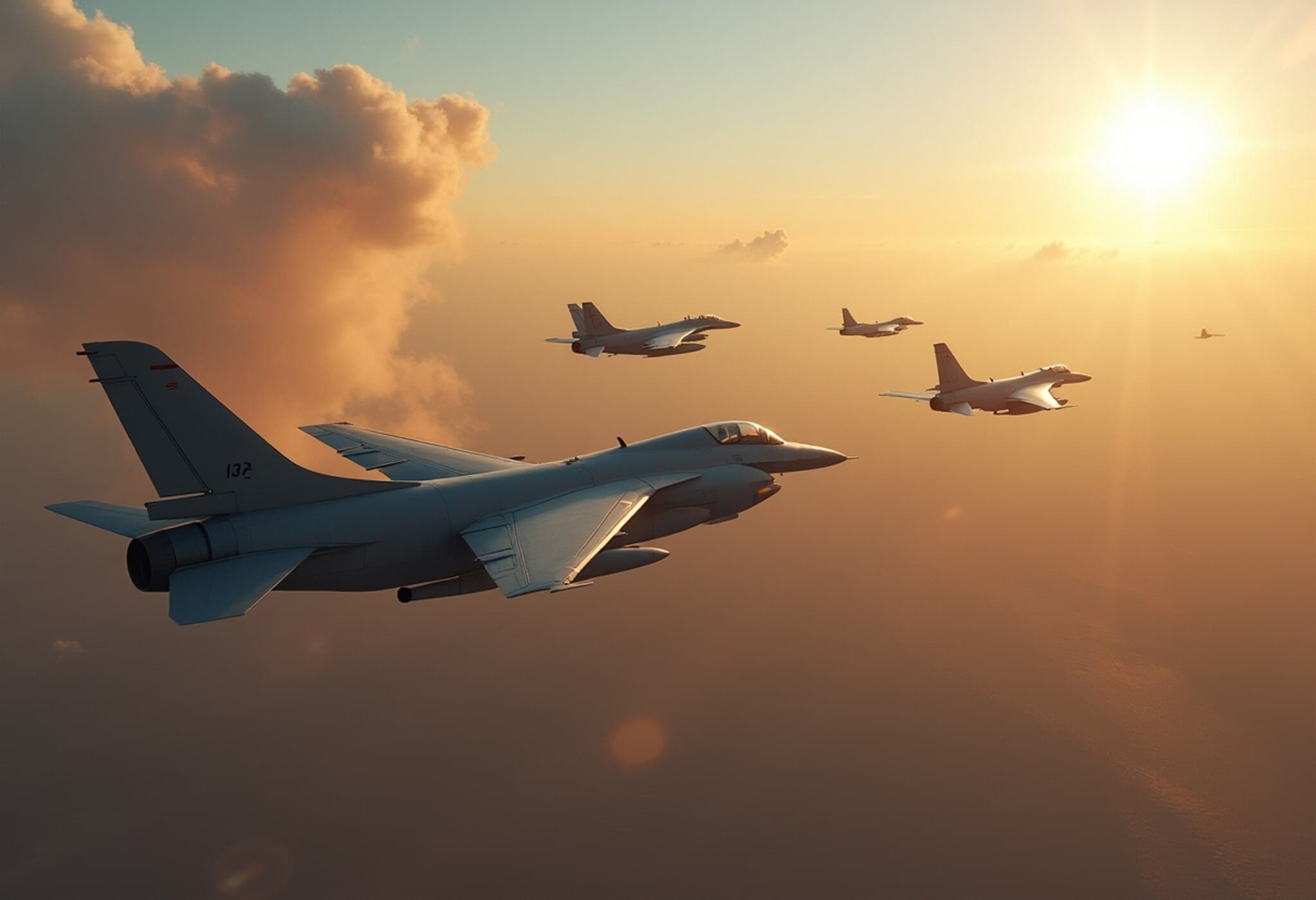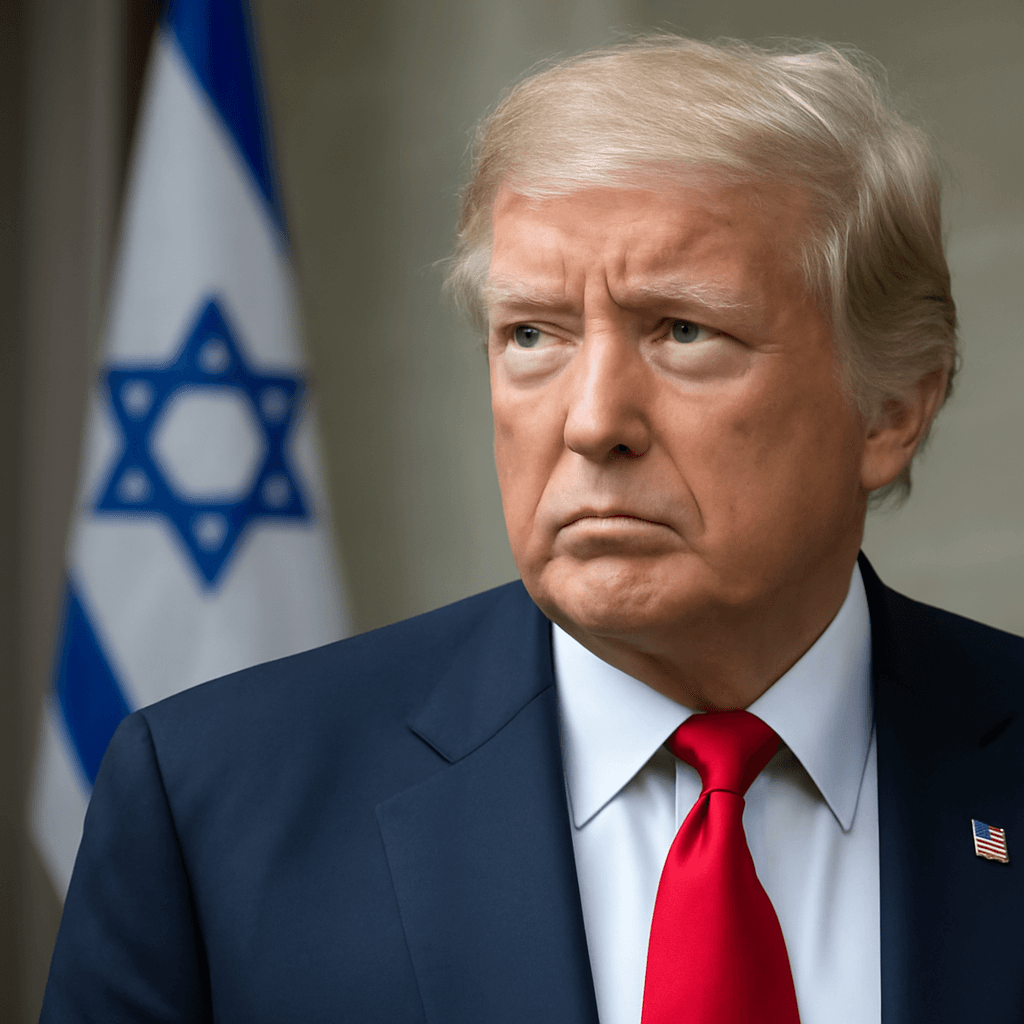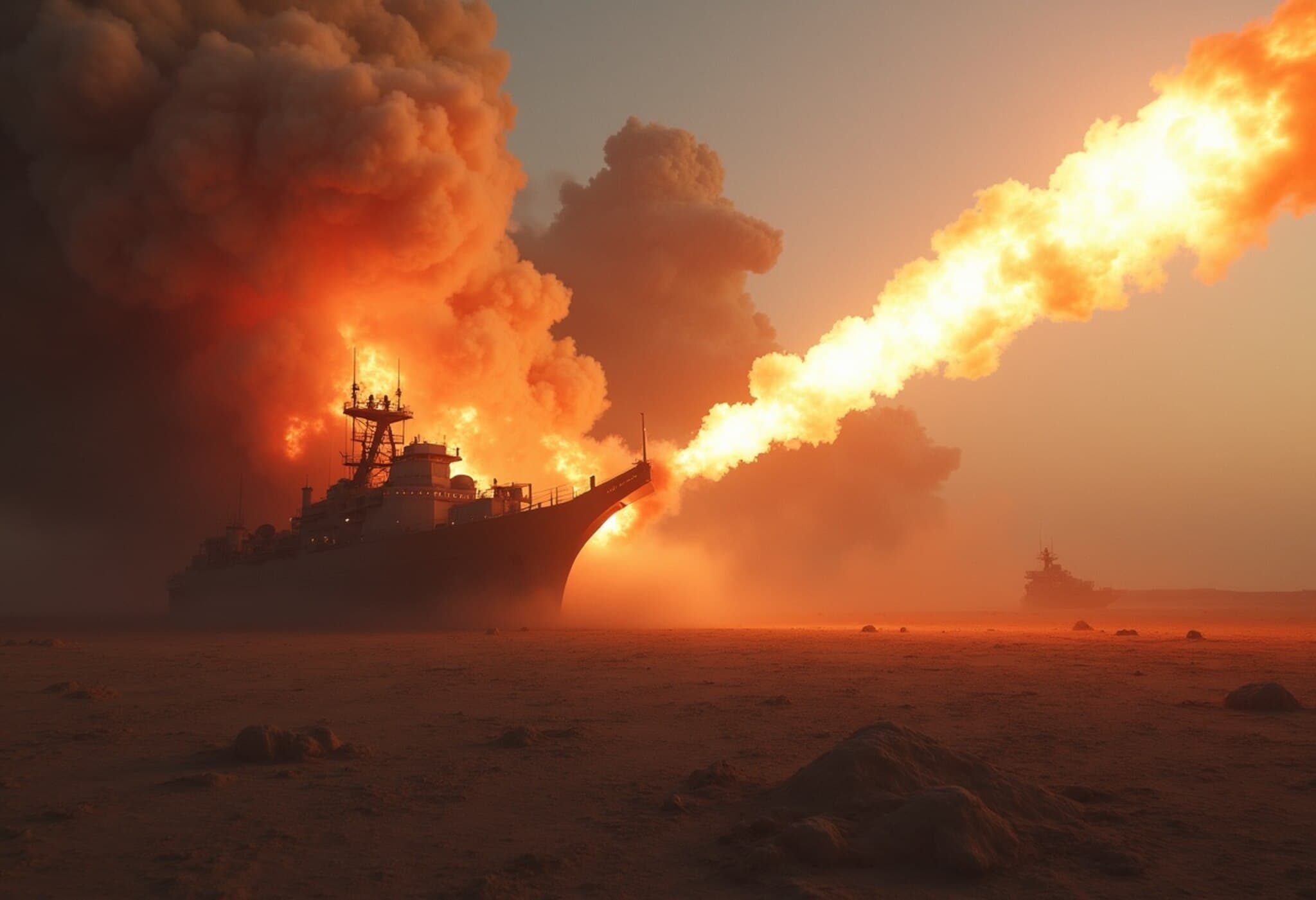Israel Launches New Airstrikes Against Iran's Nuclear Sites
Israel has once again intensified its military campaign against Iran by launching a fresh wave of airstrikes targeting the country's nuclear program. In response, Iran activated its air defense systems, with reports indicating that missiles were intercepted, especially over southern Tehran, signaling heightened tensions in the region.
Missile Interceptions and Areas Hit
State media in Iran reported multiple air defense activations across the country following the strikes. Specific locations targeted include western Tehran and the nearby city of Karaj, with footage verified showing significant damage near Tehran. Iran’s official broadcaster detailed interceptions of incoming missiles, demonstrating the alertness of Iran's defensive networks.
Context of the Strikes: A Major Military Operation
Just days prior, Israel launched an unprecedented operation believed to be the most significant hostile action Iran has faced since the 1980s conflict with Iraq. This large-scale assault involved approximately 200 Israeli aircraft striking close to 100 targets linked to Iran’s nuclear infrastructure.
Casualties Among Iran’s Military Leadership
The offensive resulted in the deaths of several high-ranking Iranian officials and scientists. Among those confirmed killed were General Hossein Salami, leader of Iran’s paramilitary Revolutionary Guard, and General Mohammad Bagheri, chief of staff of Iran’s armed forces. These losses reflect the operation's strategic impact on Iran’s military command.
Cross-Strikes and Drone Attacks
In retaliation, Iran launched more than 100 drones towards Israeli territory. Israeli military spokespeople confirmed that all defense systems engaged to intercept these threats, underscoring the escalating tit-for-tat military exchanges.
Statements from Leadership and Stakes at Play
Iran’s Supreme Leader condemned Israel’s actions as a brutal crime against the nation, highlighting strikes on residential areas that reflect a stark escalation. Conversely, Israeli Prime Minister Benjamin Netanyahu framed the attacks as a necessary move aimed at dismantling Iran’s theocratic regime, clarifying that Israel’s conflict is with the government rather than the Iranian people.
What Lies Ahead?
The recent exchanges mark a significant escalation in one of the most volatile rivalries in the Middle East. The international community is watching closely, as the potential for wider conflict rises sharply following these attacks on strategic nuclear and military sites.

